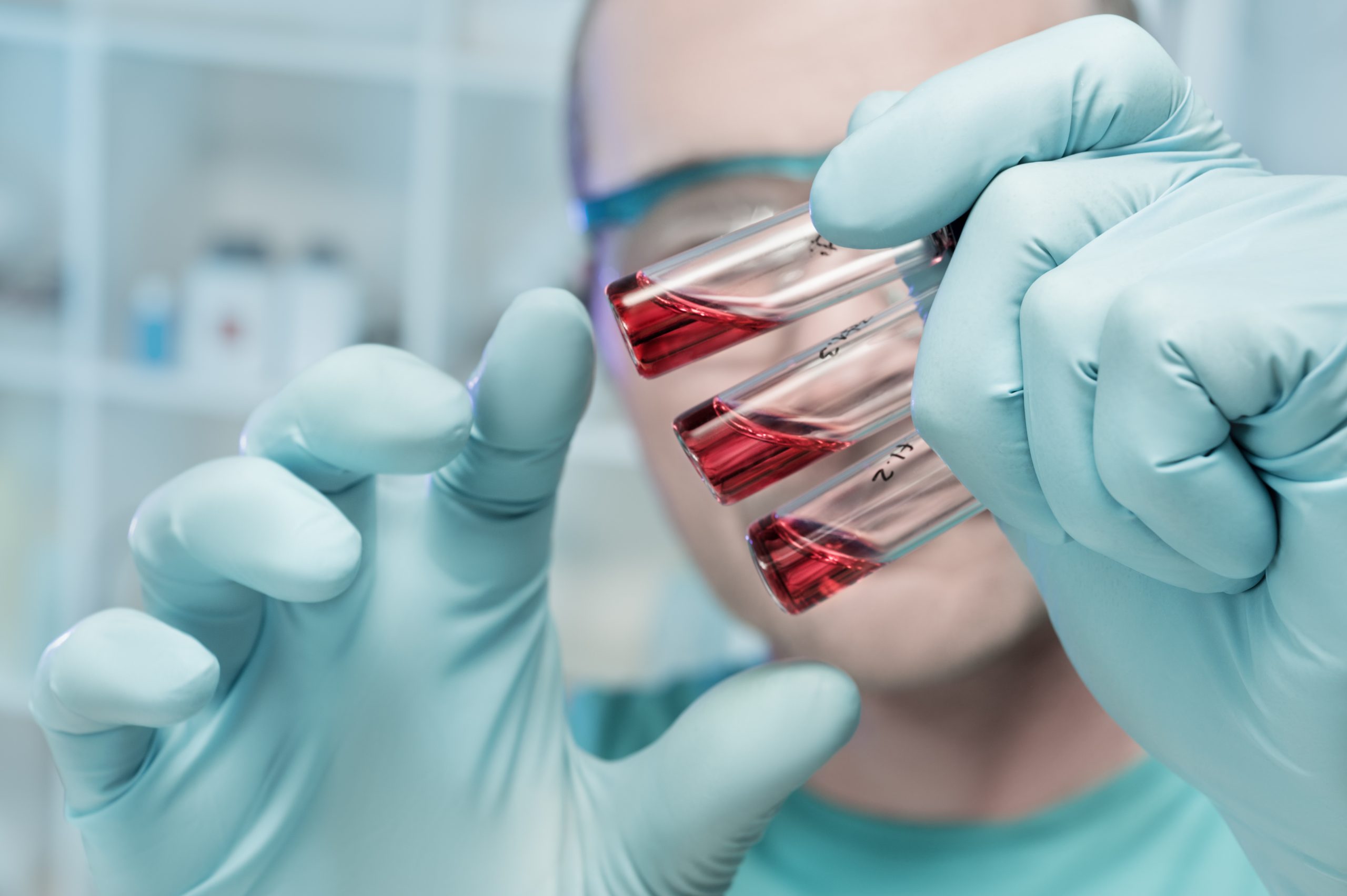Clinical analyses are a major component in the study, prevention, diagnosis, monitoring and treatment of numerous diseases.
This is why at Eurofins Megalab we have created a comprehensive clinical analysis service. Our department is comprised of specialist doctors, veterinarians, biologists, lab technicians and pharmacists, all of whom are highly qualified.
This department looks at the various biological samples taken from humans: urine, faeces, blood, amniotic, cerebrospinal, pericardial, bone marrow fluids, etc.






